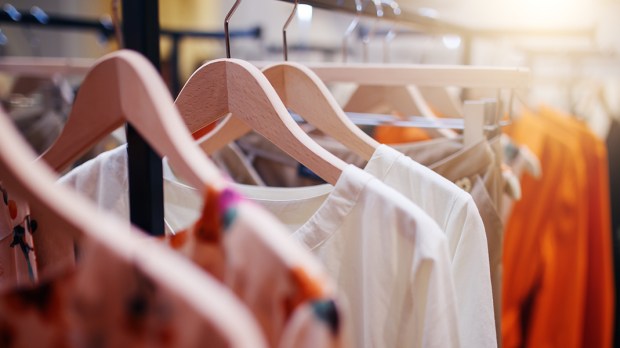Plastic has become one of the biggest nightmares for our planet — and for us. A simple plastic cup for drinking water at the office, for example, multiplied by thousands of companies with their hundreds and thousands of employees, generates tons of almost indestructible waste every day. So, three companies have focused their business on repurposing plastic for the fashion sector.
Ecoalf, created by Javier Goyeneche in 1992, is committed to providing the fashion sector with recycled products with the same quality as those that come from non-recycled materials. In addition to swimsuits, the company sells men’s and women’s clothing, as well as flip-flops made from recycled tires. Its flagship store is in Madrid, and one of its latest collections is a collaboration with “the greatest Spanish designer since Balenciaga, the great Sybilla.”

Read more:
Breaking this one little habit would have a huge effect on the environment
Bionic Yarn, which manufactures fabrics from plastic, supplies big fashion companies like Topshop, Cole Haan, and Timberlake. Pharrel Williams has been involved in its advertising campaign, collaborating with denim labels G-Star Raw and Parley to launch Raw for the Oceans, a clothing line made out of recycled plastic pulled from the ocean.
Unifi, which also makes yarns and nylons out of recycled plastic, has a range of branded products like SORBTEK, A.M.Y., INHIBIT, and REPREVE, which are then used in many high-profile brands, such as Fossil, Pottery Barn, North Face, and even Ford (the automobile maker). Unifi also collaborated with seven pro sports teams, including the Boston Bruins, the Detroit Red Wings, and the Dallas Mavericks, to raise awareness and encourage fans to recycle their plastic bottles at games.
Read more:
Key Quotes From Pope Francis’ Environmental Encyclical
And what is our role as citizens in all this? We can make an impact just with our purchasing choices. I can ask myself if I really need to have another pair of flip-flops in my closet before buying another. And in the case of clothes, I can always show by my purchases that am inclined toward products that are ethically made or help the environment in some way. If we have to choose, let’s choose what makes a positive difference. Companies must understand that it is more profitable to pursue sustainable fashion.
If they can make one meter of cloth out of 70 plastic bottles, imagine the tons of trash we could reuse to dress everyone!
This article was originally published in the Spanish edition of Aleteia and has been translated and/or adapted here for English speaking readers.

